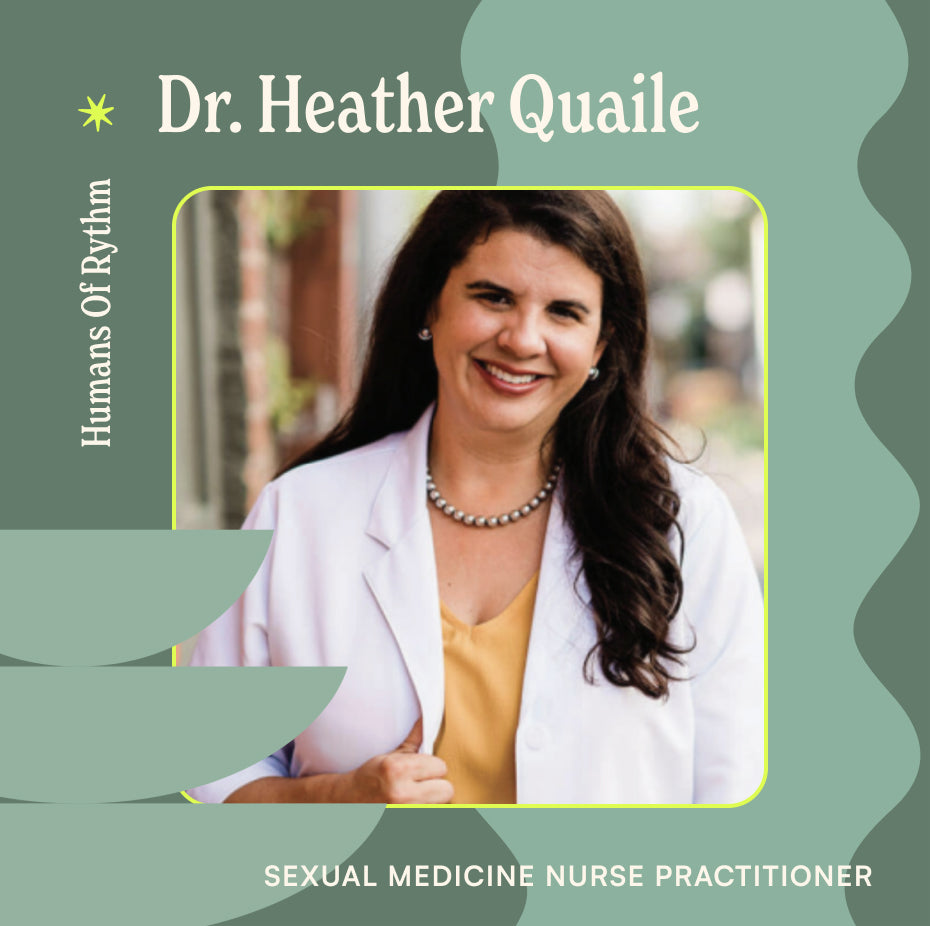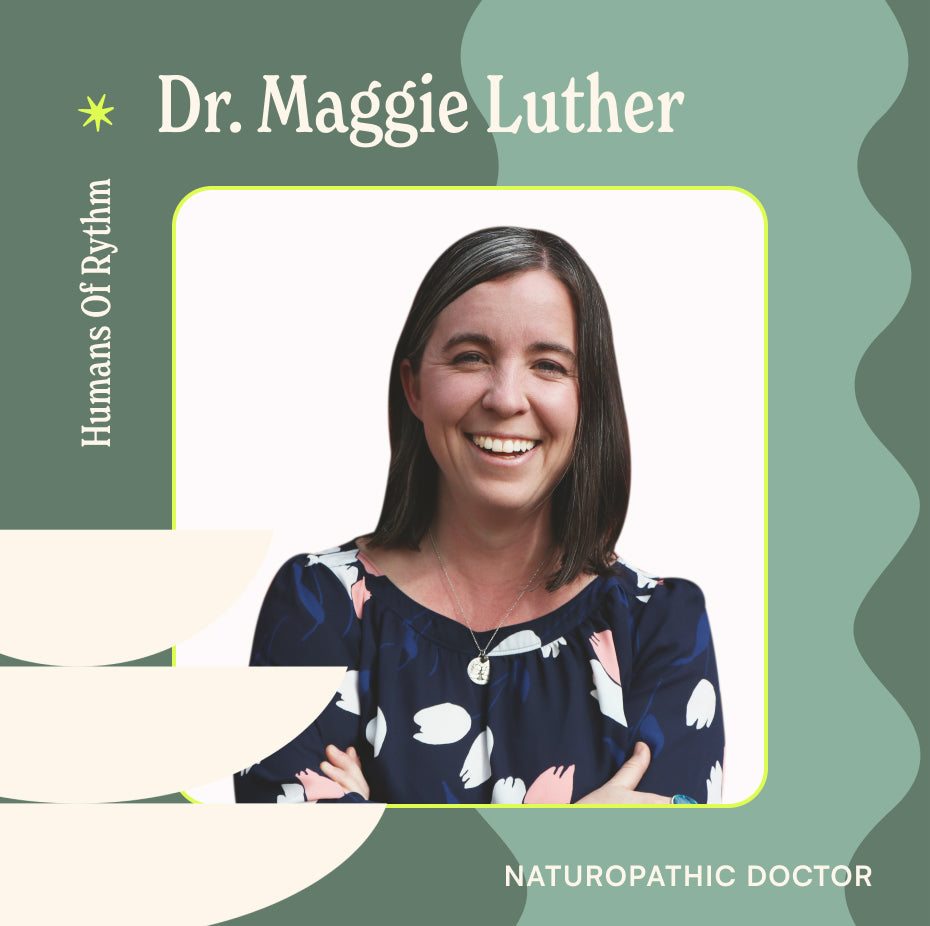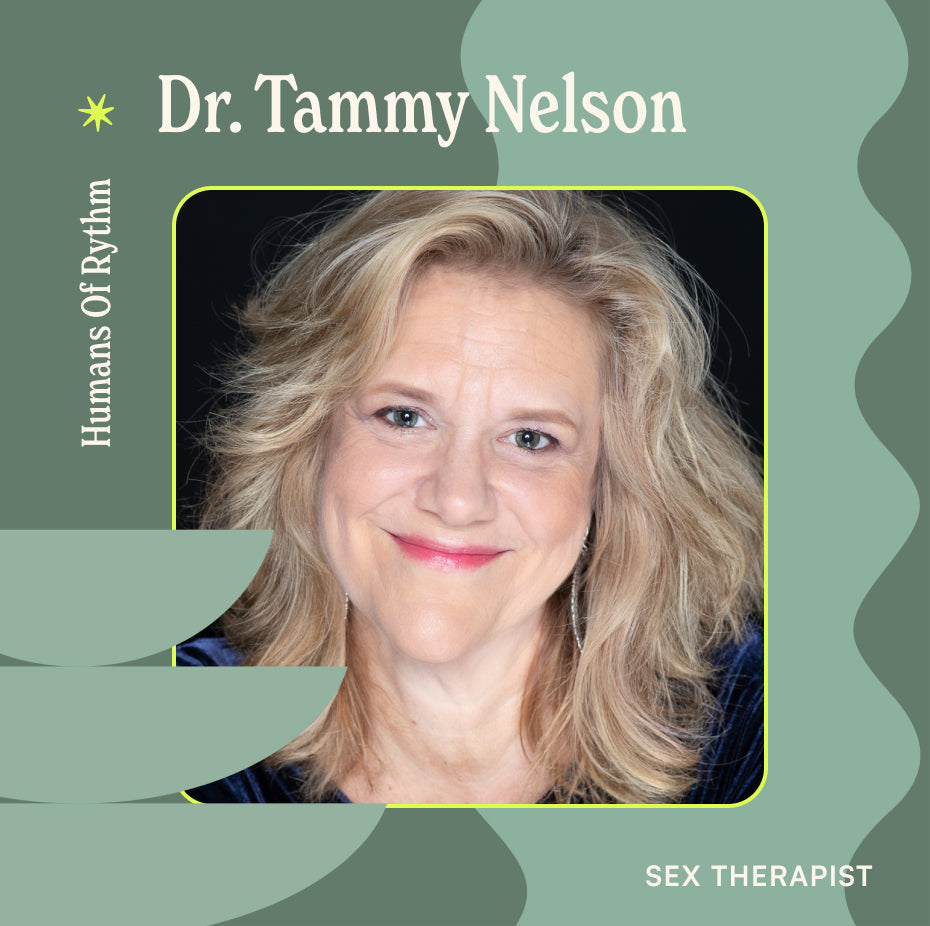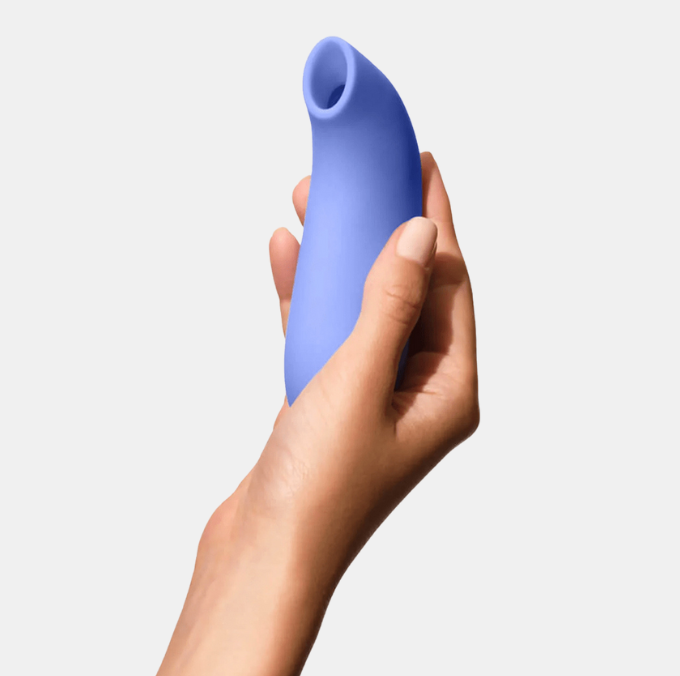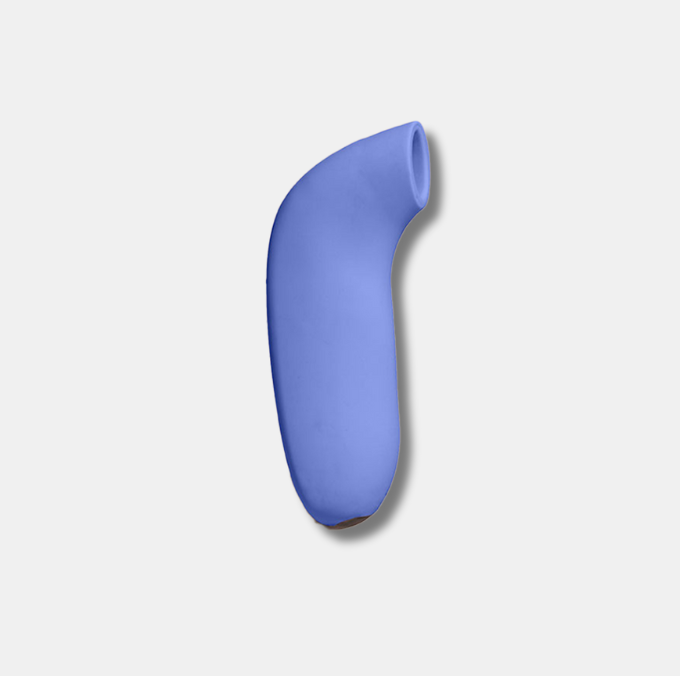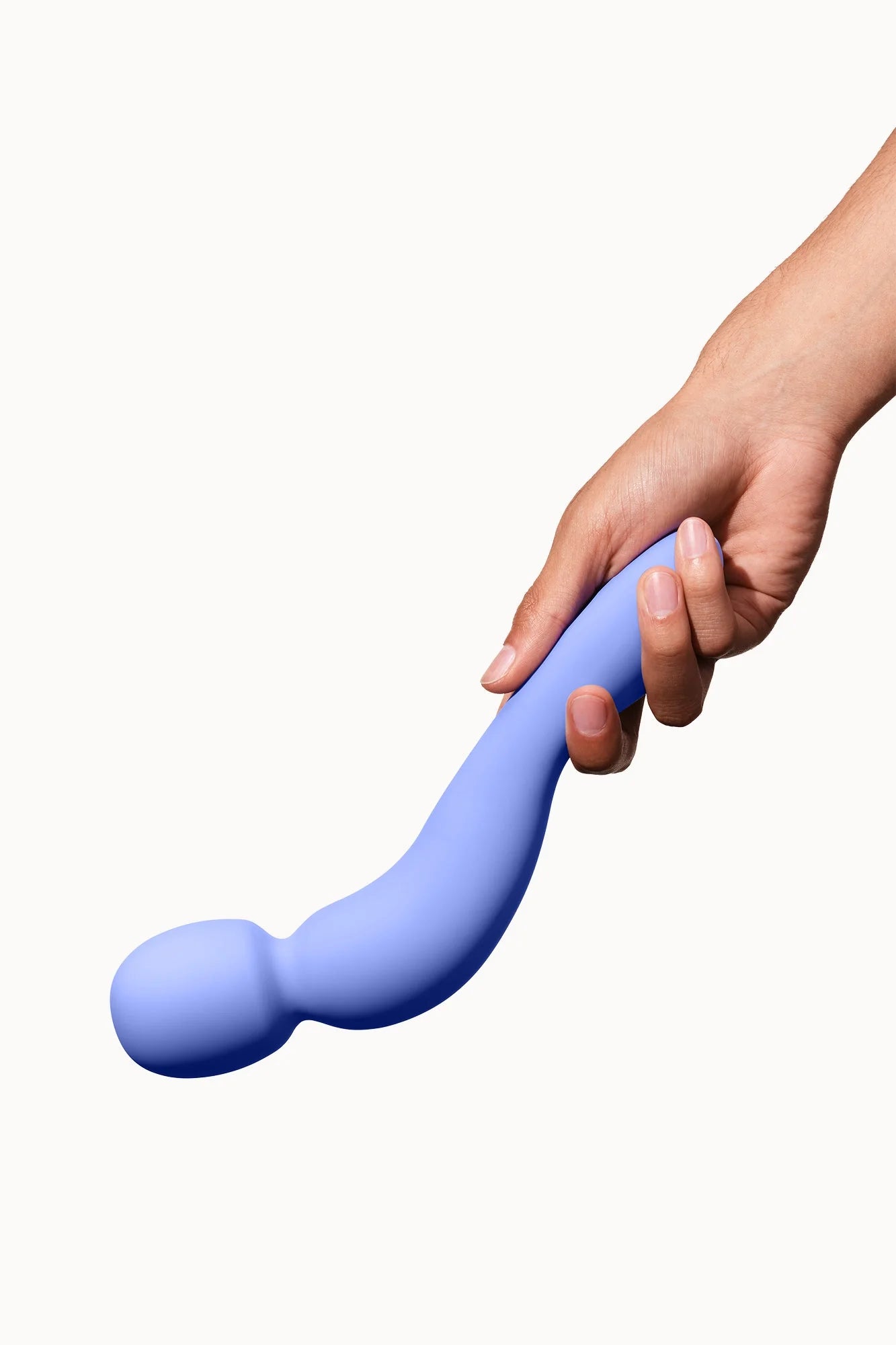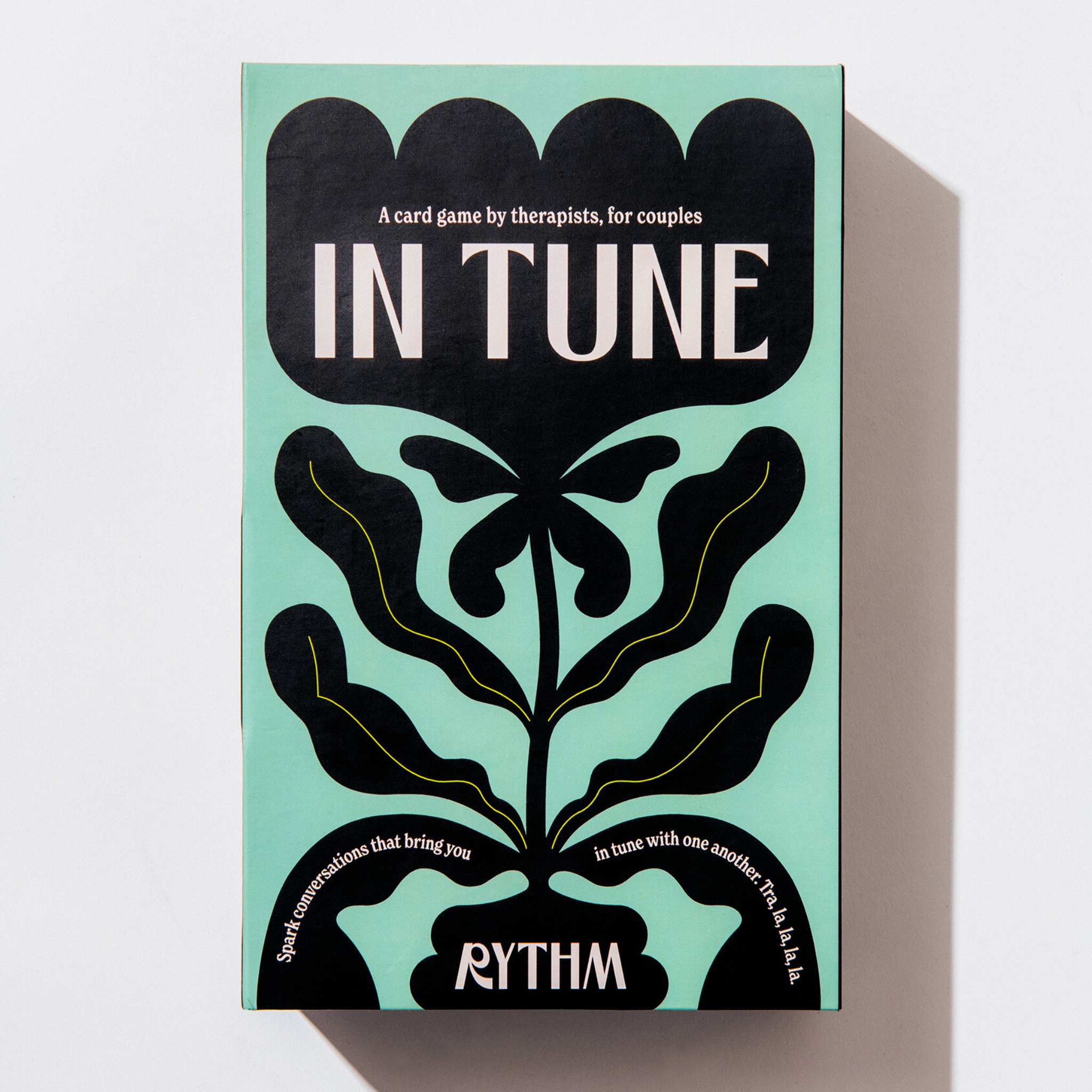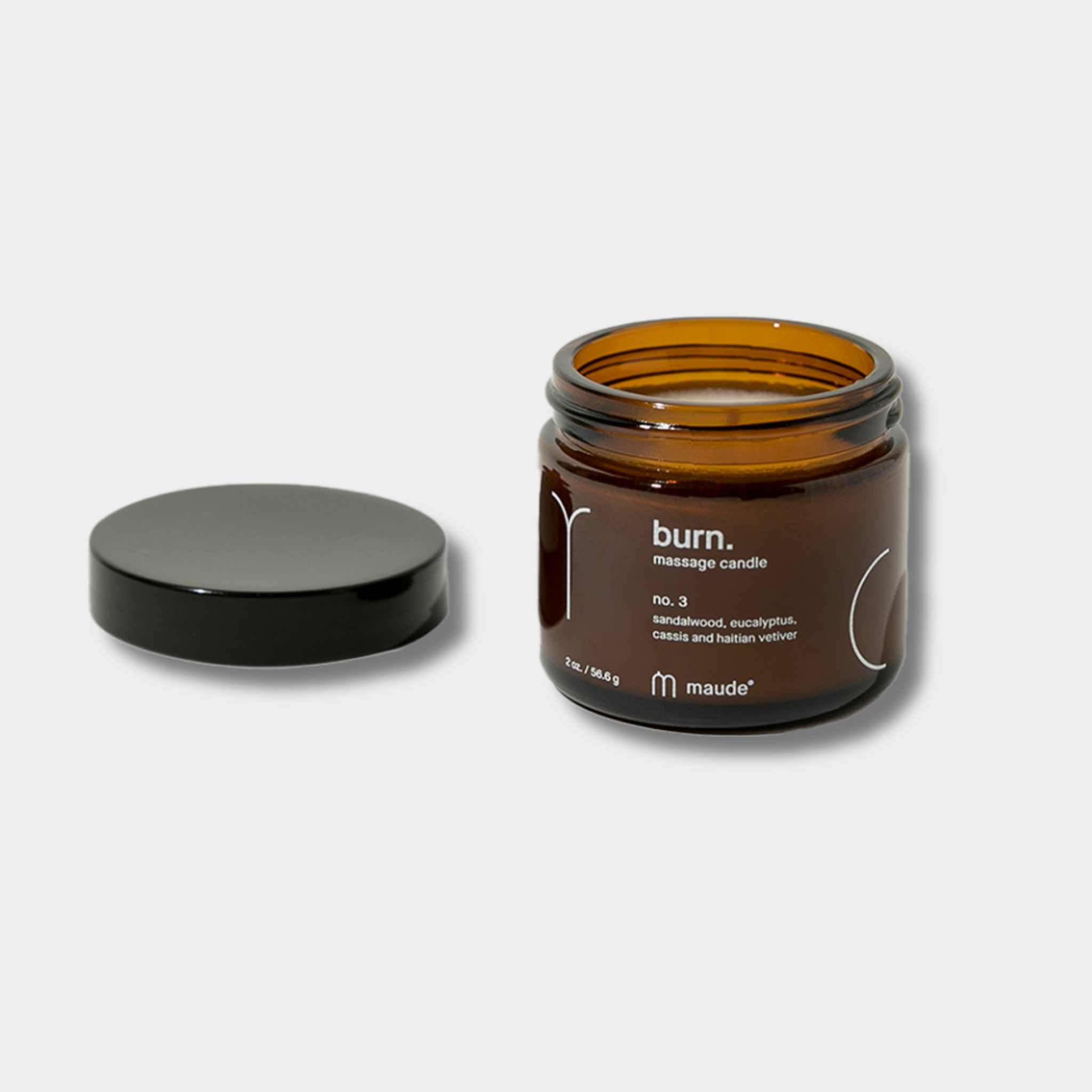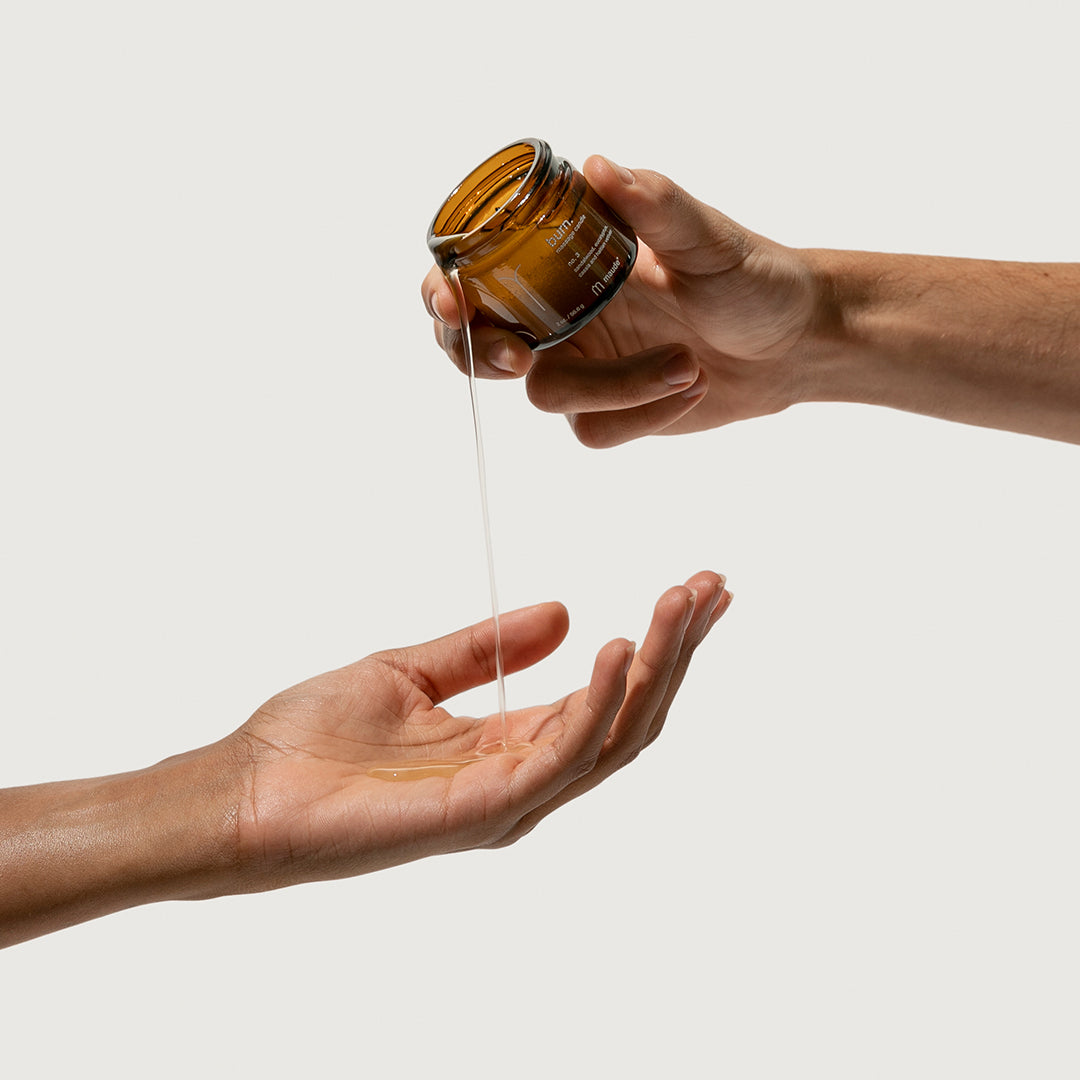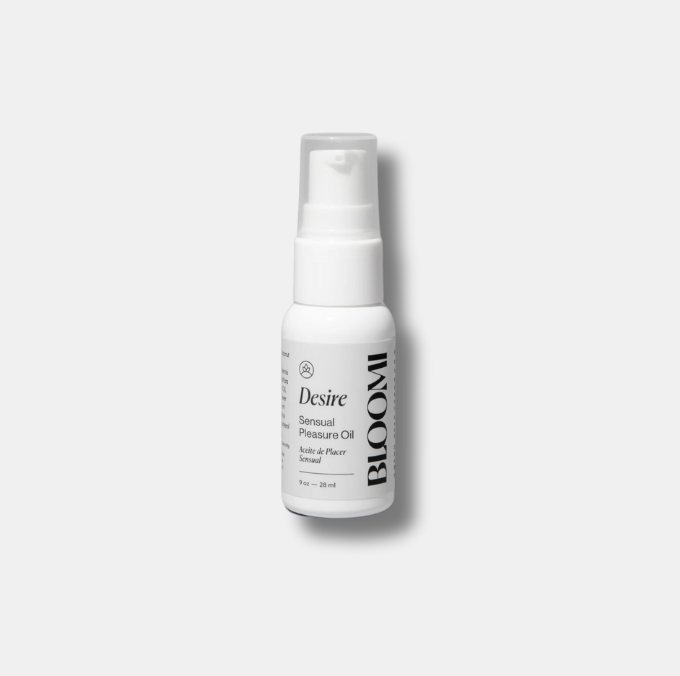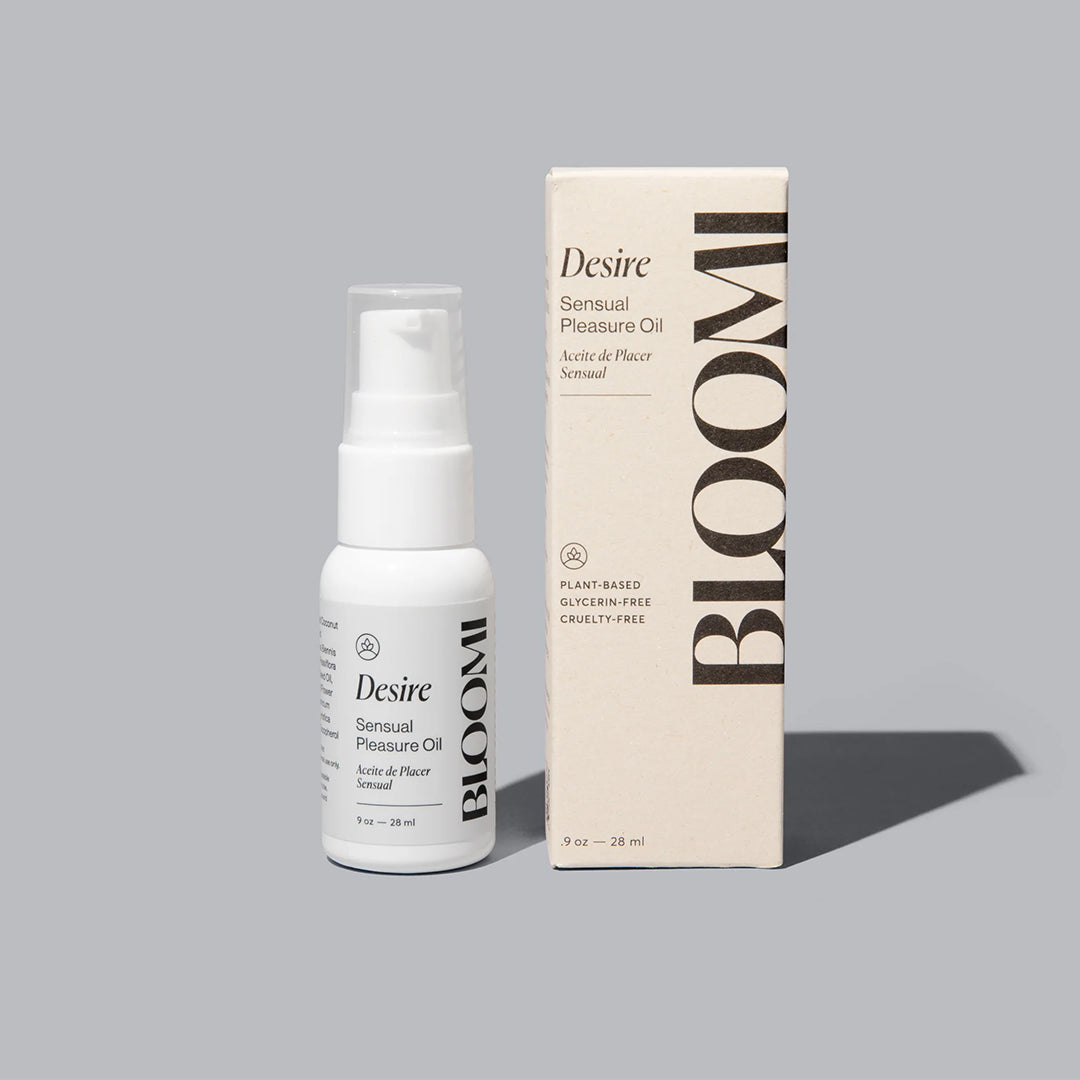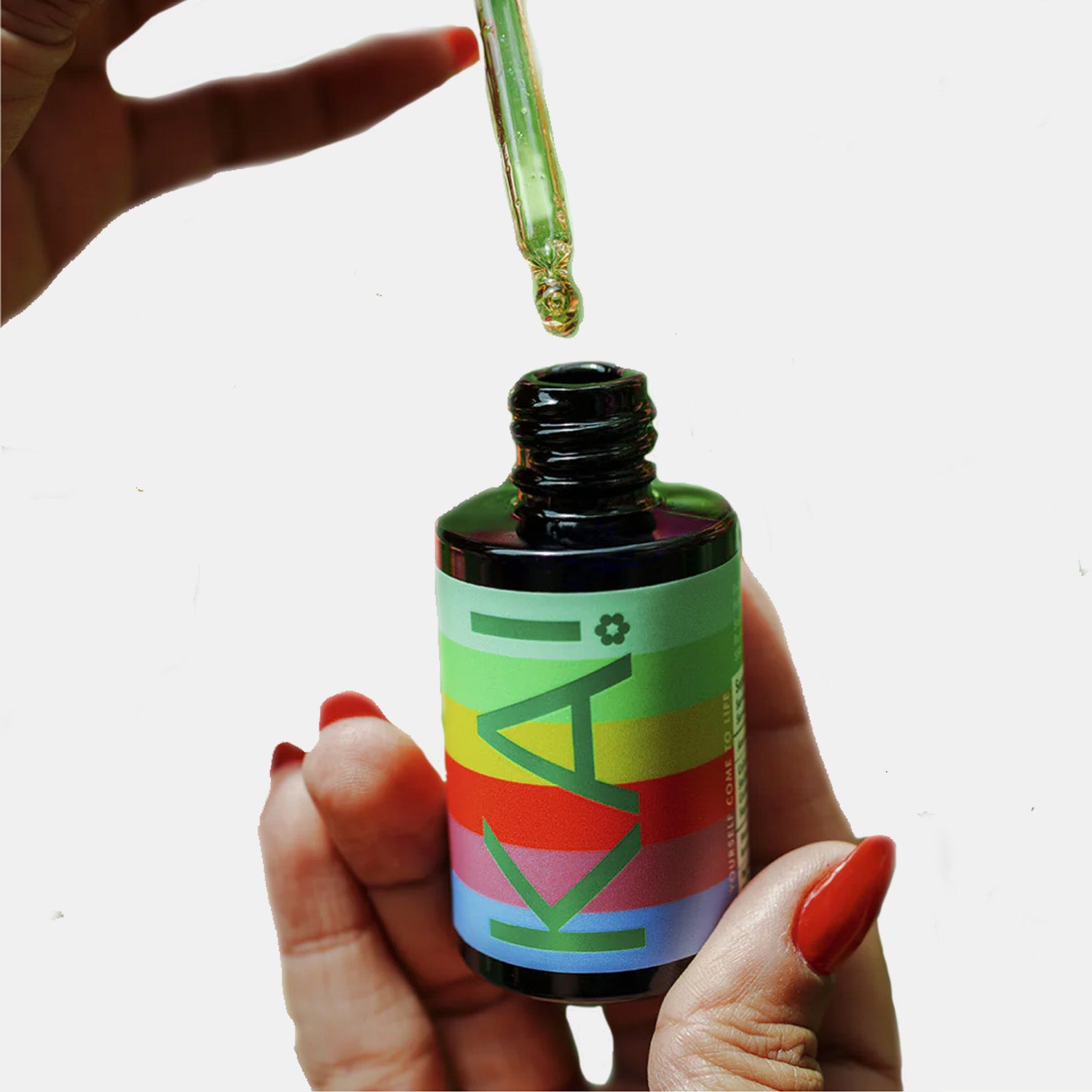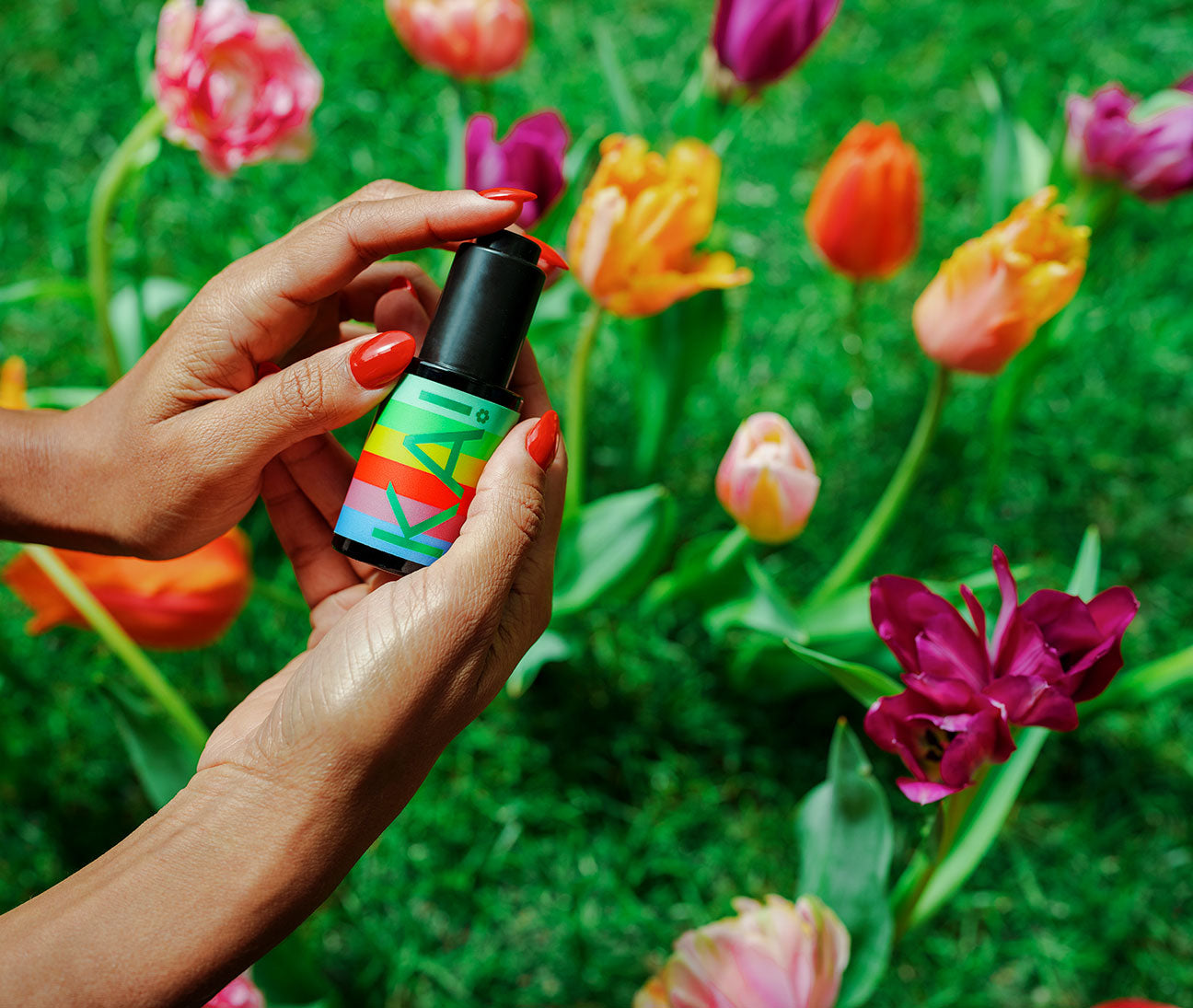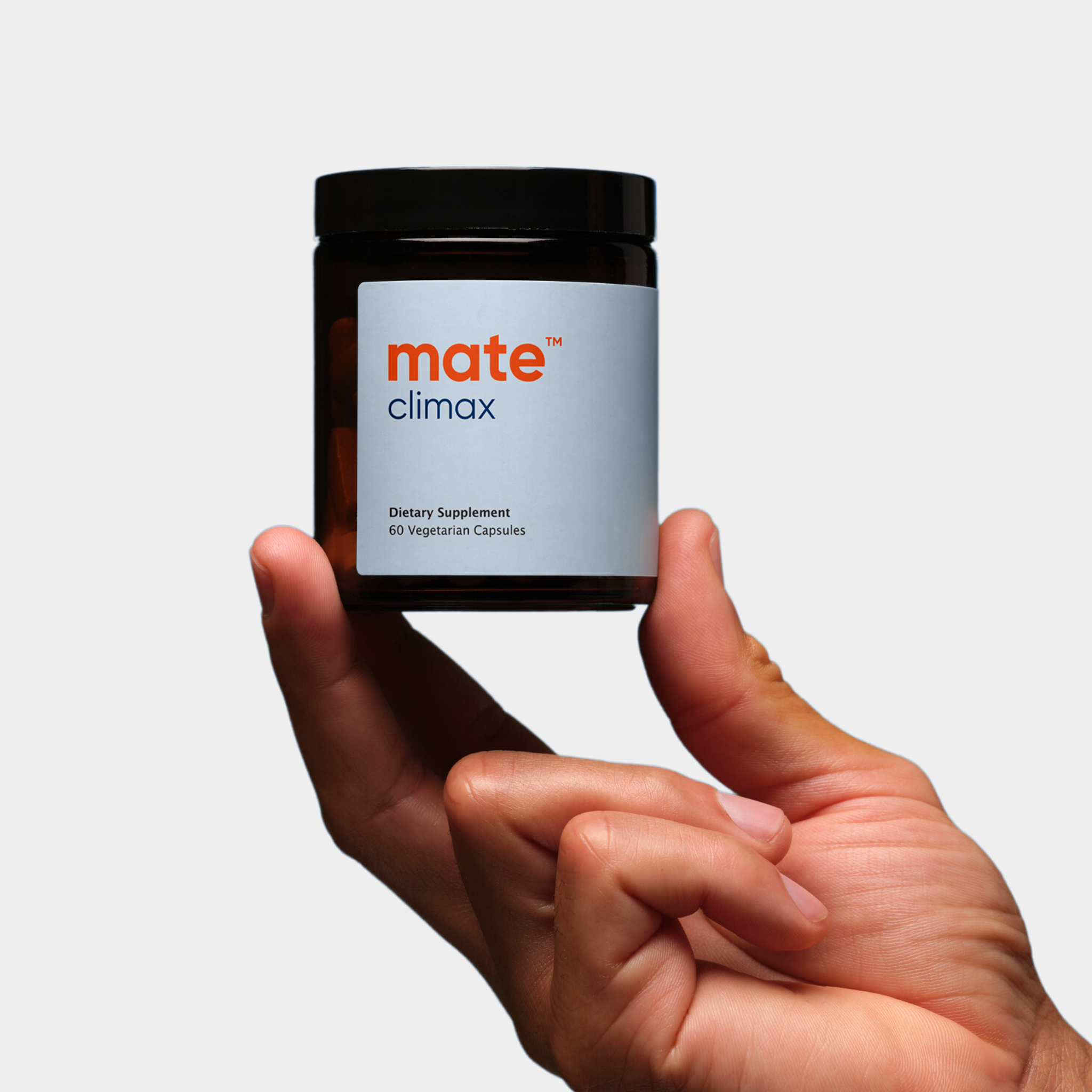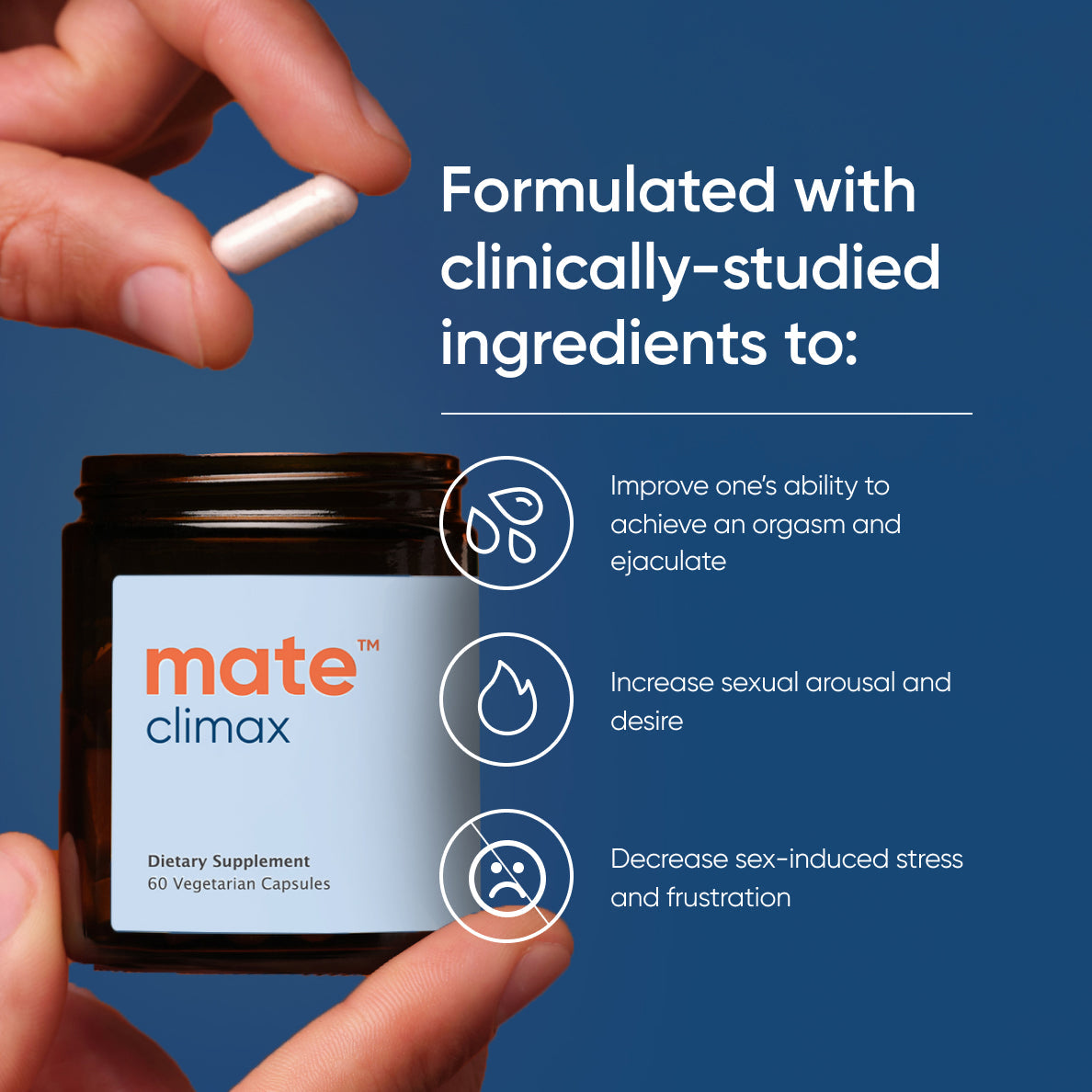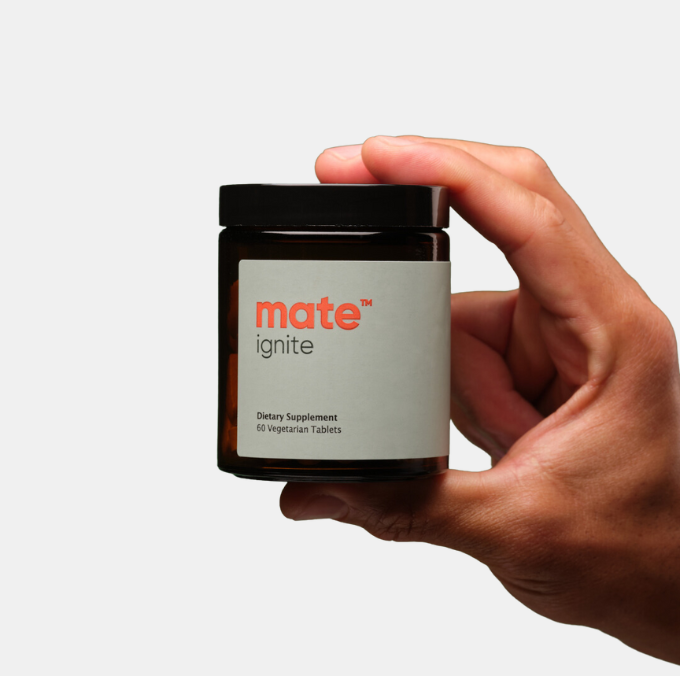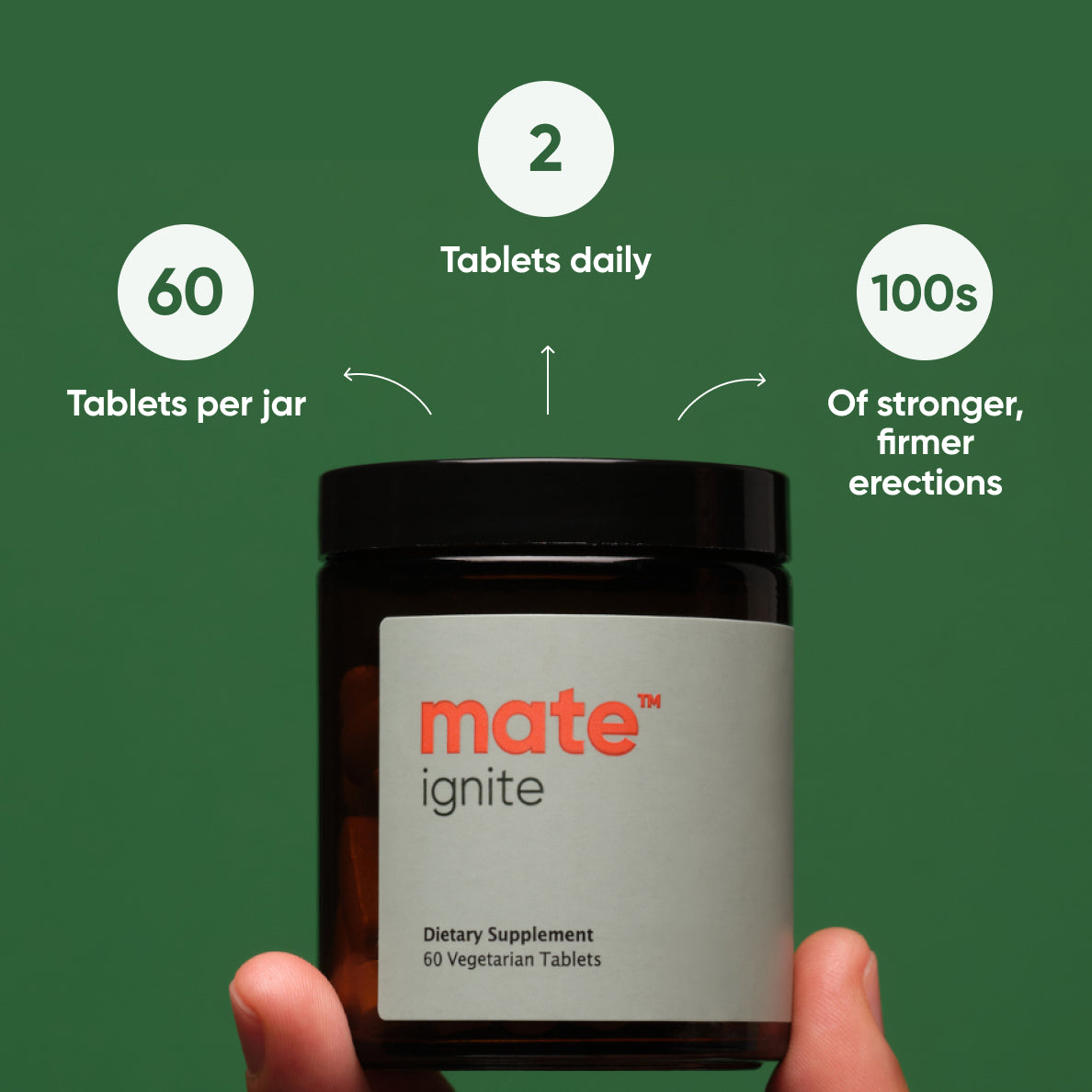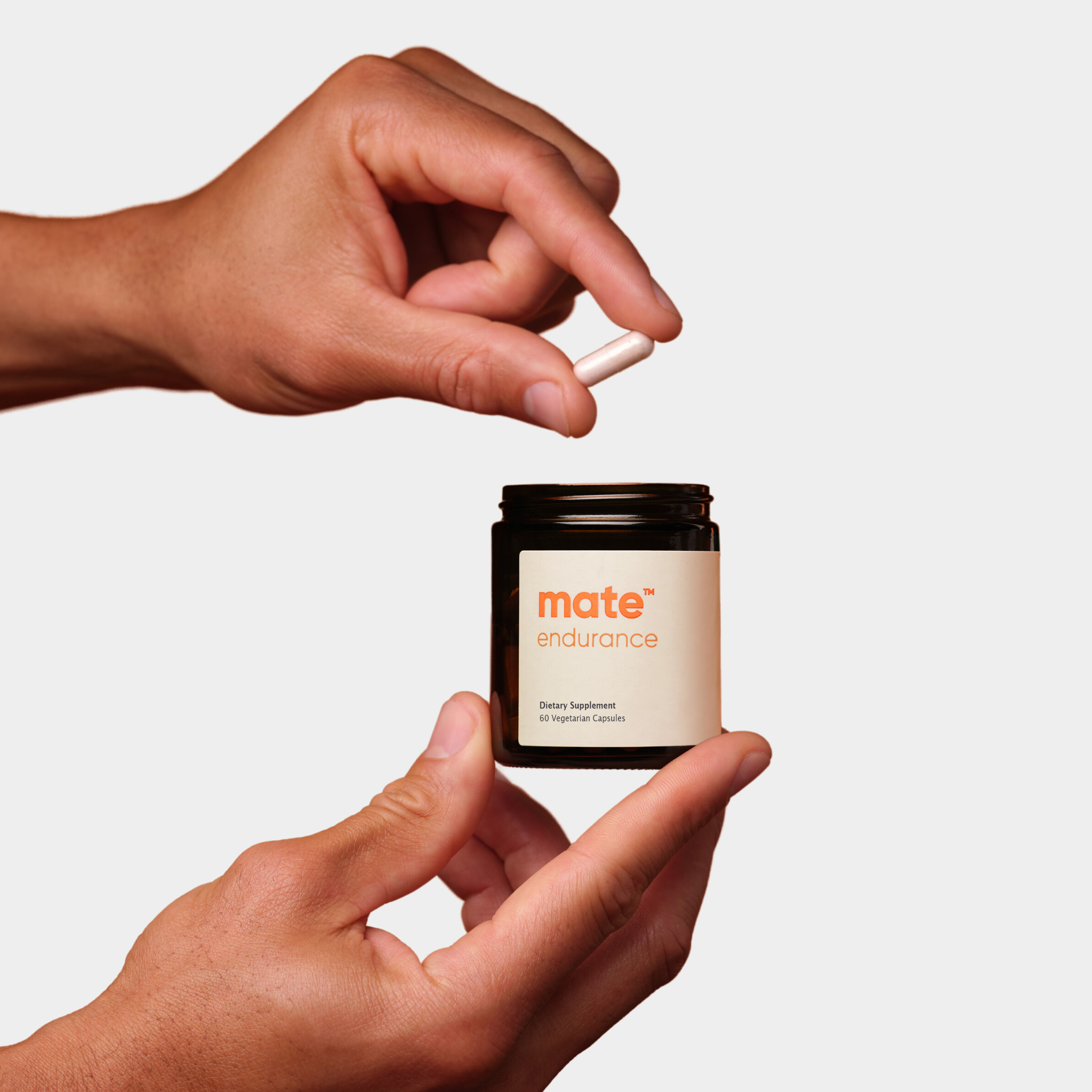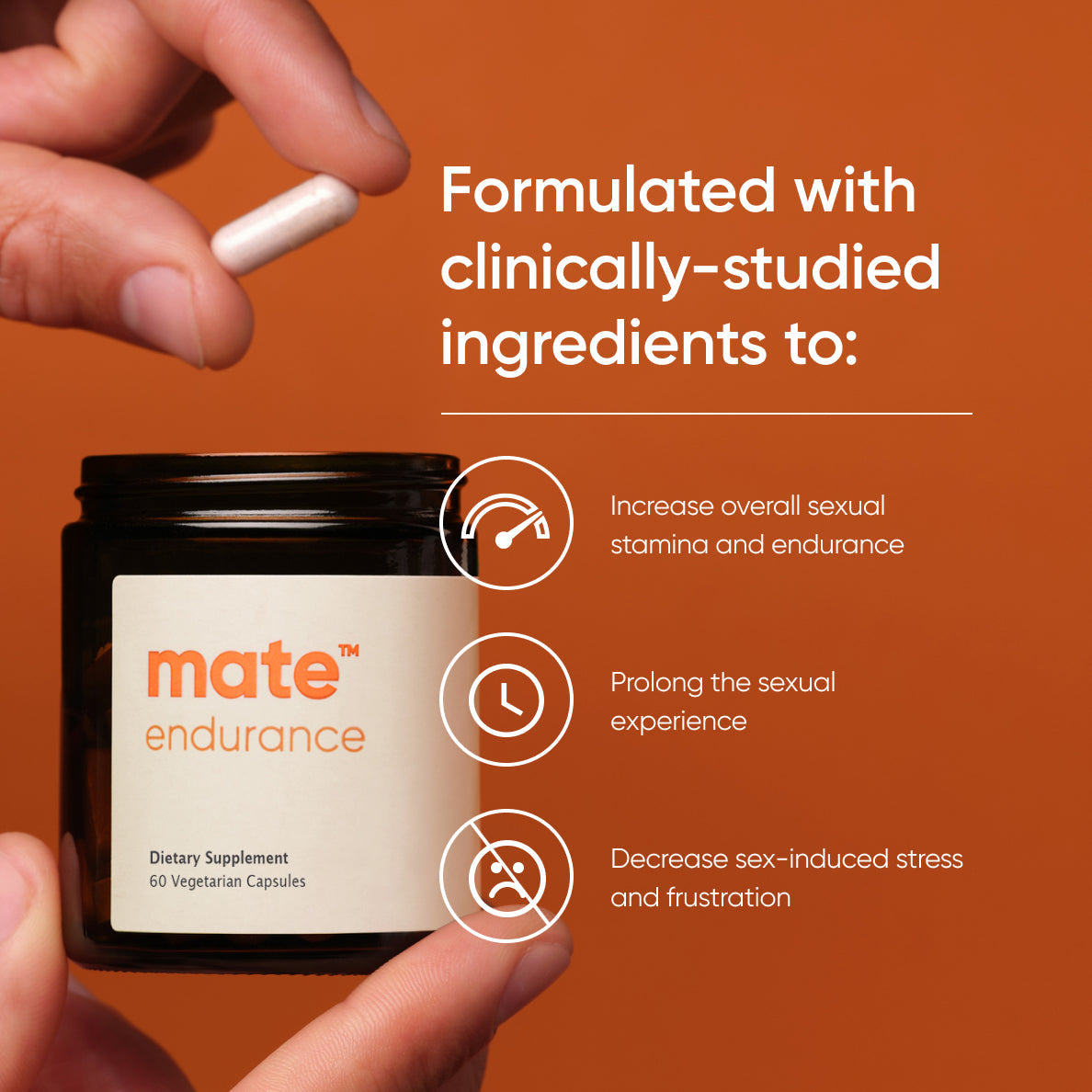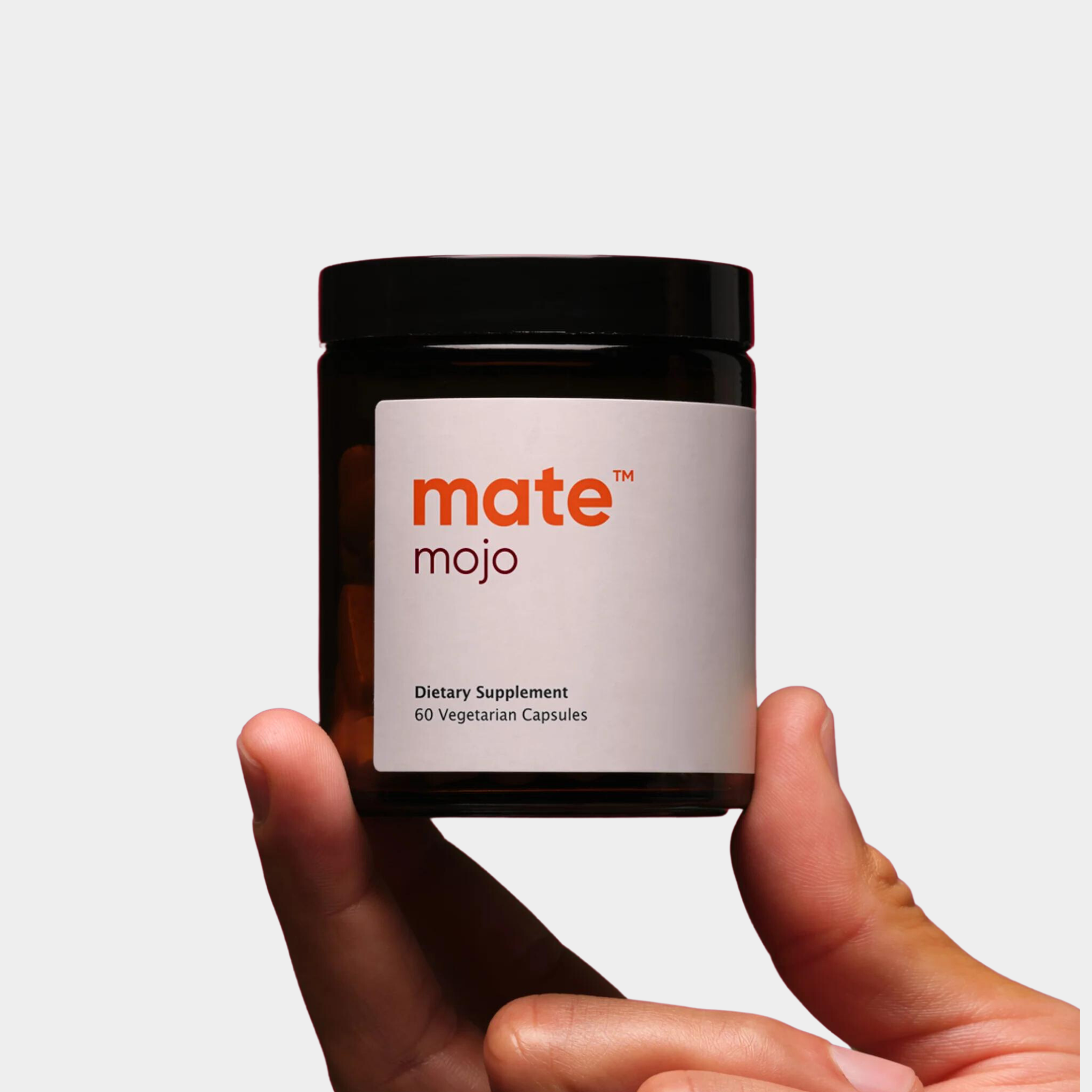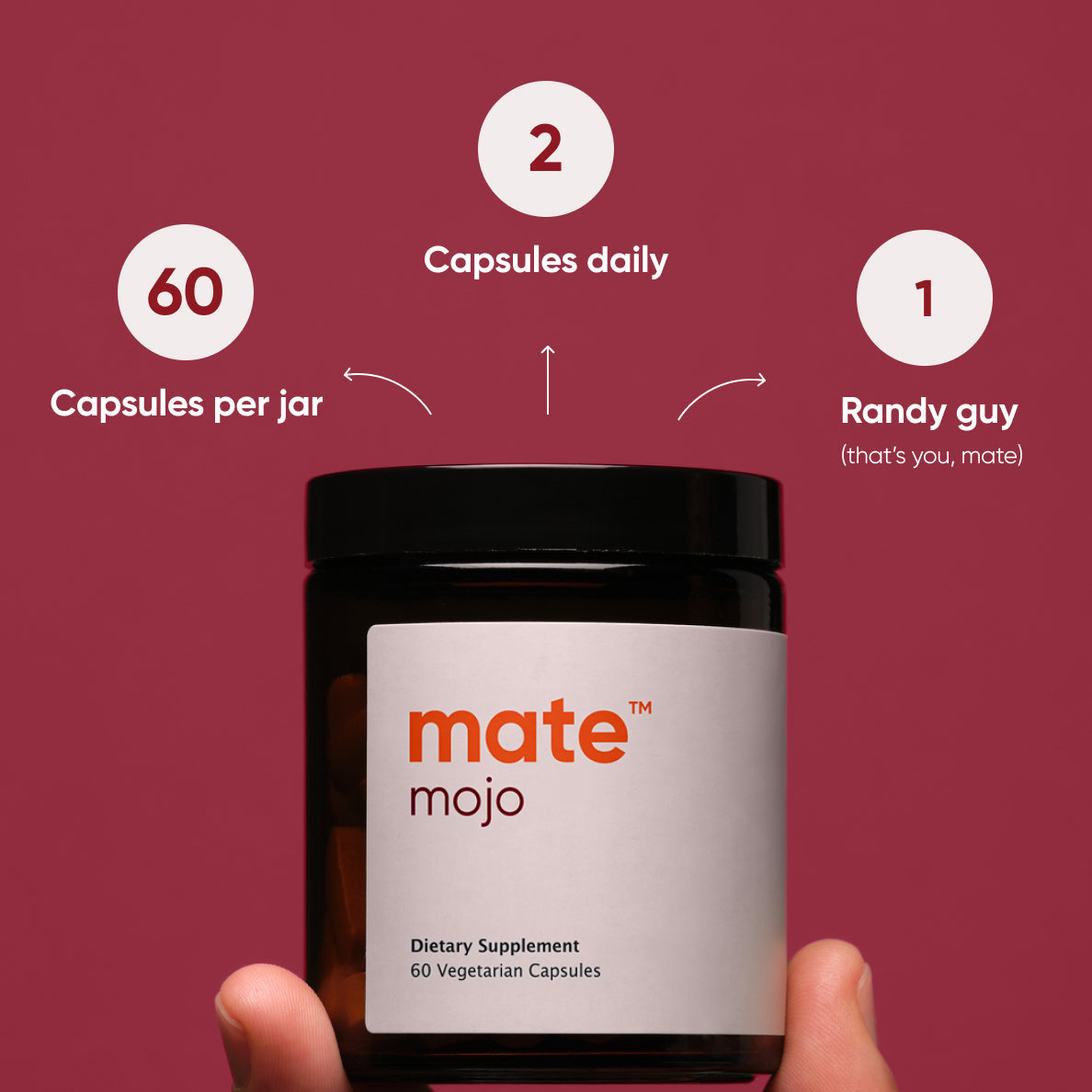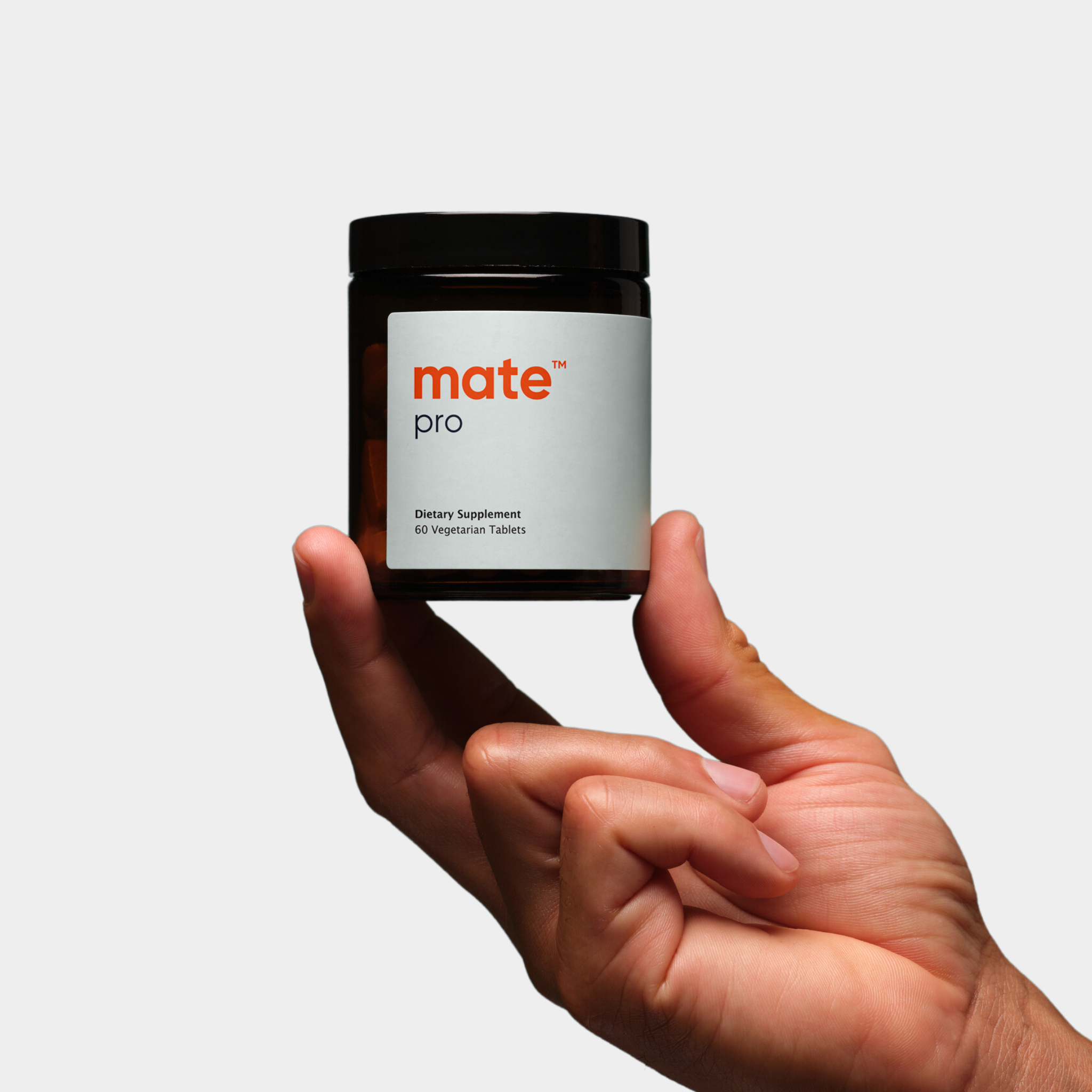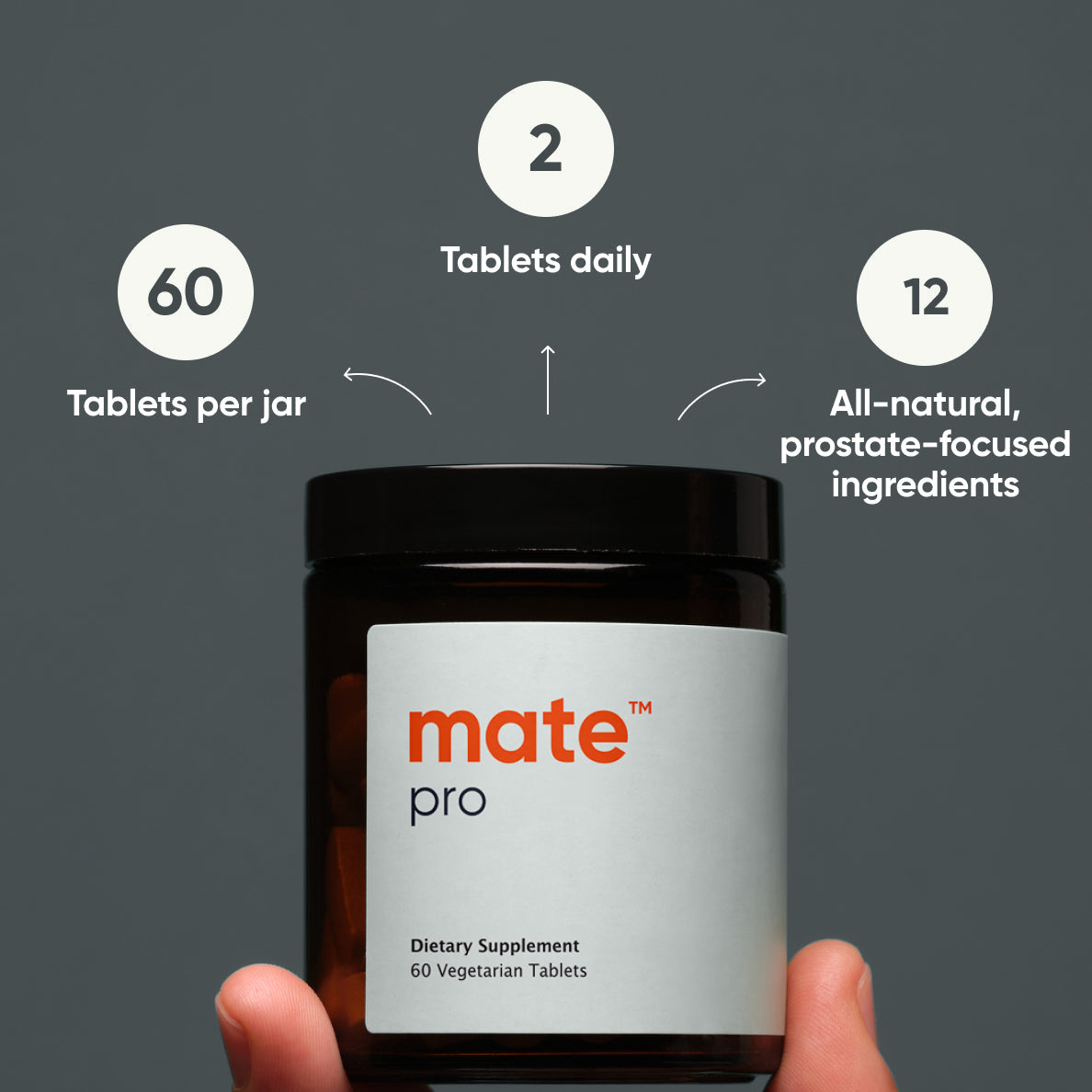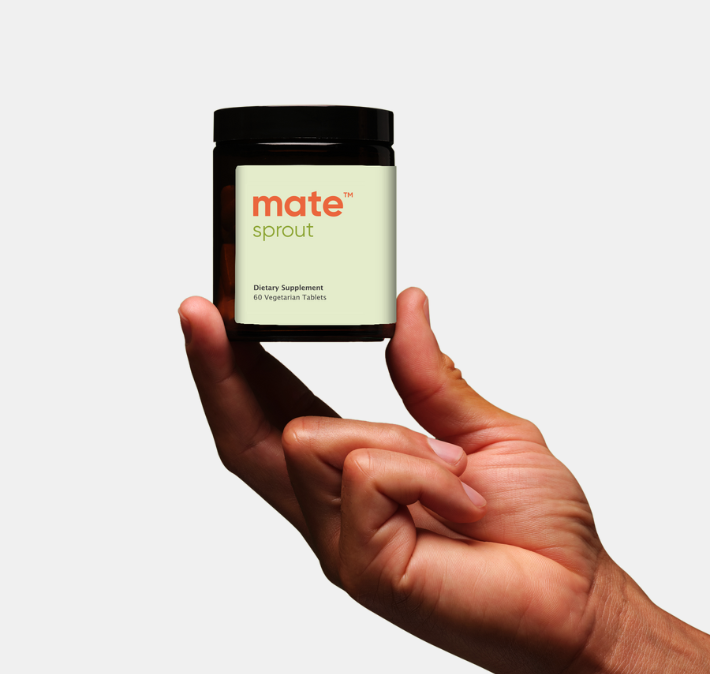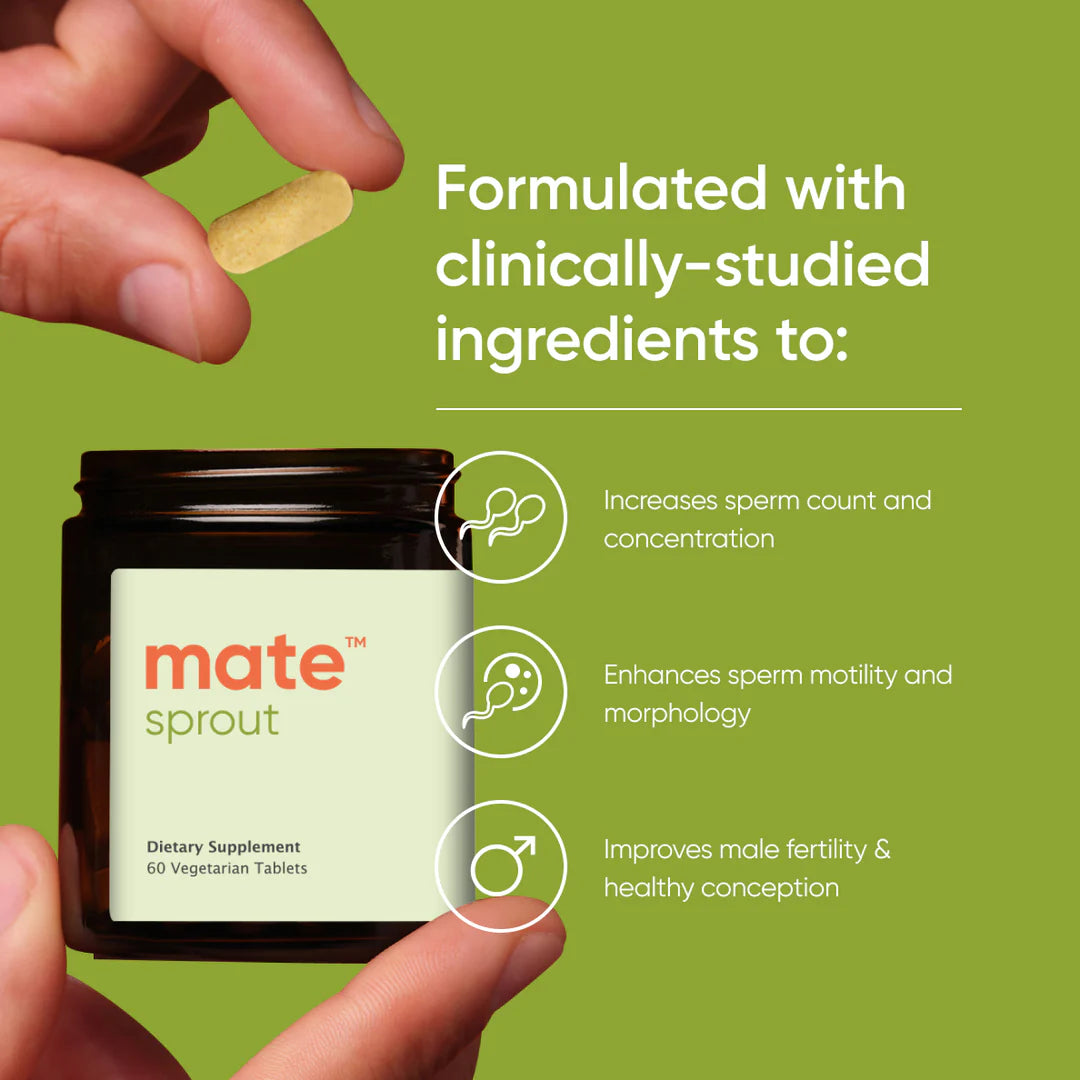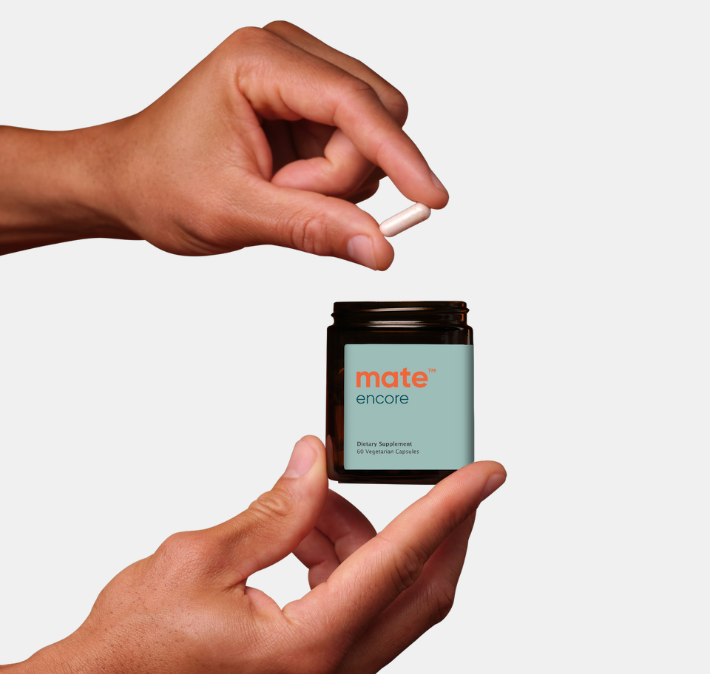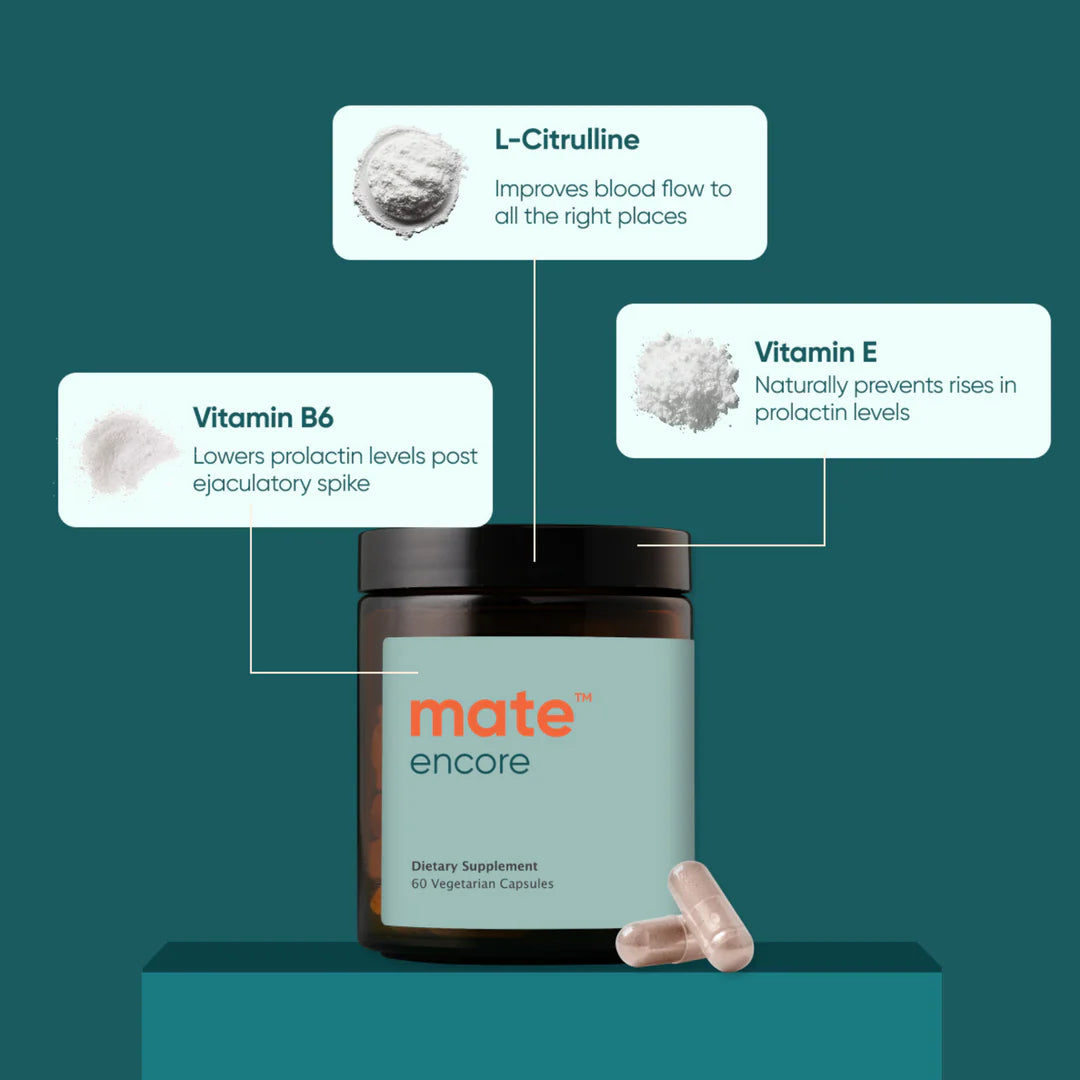THE FACTS
75% of couples attribute their relationship difficulties to sexual connection.
11, the number of toxic ingredients
banned in the US.
10 hours of sexual health education
is what the avg OBGYN receives.

To Improve Connection
Our Mission
We help humans connect better with their parts and partners through safer intimacy essentials that target the vagina-mind-spirit connection.


Natural Remedies That Work
Thoughtfully Curated
We read the label so that you don’t have to. We take a holistic approach to make humans feel good both in and out of the bedroom by working with our Clinical Board of Experts.
-
 BIPOC Tested
BIPOC Tested
-
 Glycerin-Free
Glycerin-Free
-
 Clinically Backed
Clinically Backed
-
 Doctor Approved
Doctor Approved
-
 Female Founded
Female Founded
-
 Discreet Shipping
Discreet Shipping
Feel Good Both In And Out Of The Bedroom
Our Process
We view “safe” from the lens of the vagina and read the label so that you
don’t have to.

Vaginal Safe
To make sure ingredients don’t offset your vaginal microbiome.

Clean
To make sure bacteria doesn’t grow in weird places.

Effective
To make sure herbs are backed by clinical studies or have been used for centuries in ancient wisdom.
Our No List
These are well-known contact sensitizers/preservative materials; this means that it increases the longevity of the product upon contact. This is a vaginal skin irritant and can cause some redness and itching, according to studies. It is most commonly found in vaginal creams.
Hormone disruption comes from the release of formaldehyde from this skill allergen. It is most commonly found in feminine wipes and washes.
This is another preservative that releases formaldehyde and causes an allergic rash and potential cancers, according to studies. It is most commonly found in deodorant powders and tampons.
Another formaldehyde-releasing preservative that causes allergic skin rash, and studies find it to also be cancerous. It is most commonly found in feminine wipes and washes.
This is a synthetic salt that can cause vaginal irritation. Studies say this is a novel cancer-specific compound, but no direct correlation was identified scientifically. It is most commonly found in vaginal creams, gels, and moisturizers.
This is a local anesthetic that is used to numb the effects of vaginal infection (which it does temporarily). In the aftermath, benzocaine is considered a major vulvar irritant and can make the burning sensation worse. It is most commonly found in vaginal creams.
These are toxic byproducts of chlorine bleaching giving feminine care products that pristine white appearance. According to studies, if these are absorbed by the mucosa in the cervix area of the vagina, it is highly vascularized, meaning too many blood vessels. This can lead to major hormonal issues, hence it is dangerous. Dioxin and furans are most commonly found in period products like tampons and pads.
These are skin irritants found in tampons most commonly. They can cause vaginal imbalance from formaldehyde-releasing chemicals (ex. Quaternium 15, which is also found in vaginal washes and releases such formaldehyde and includes paraben preservatives).
This chemical aids in forming emulsions for vaginal wipes and washes. Emulsions are mixtures of one or more liquids in which one is present in droplets. This compound can lead to urinary tract infection, inflammation, or infection of the vagina from use. Also, it is commonly found in douches.
This is a chemical group used to make plastics more durable. They are considered to be unexamined potential risk factors for bacterial vaginosis (BV) and warrant investigation because hormones affect BV, according to studies. These are most commonly found in tampons, sex toys, vaginal washes, and douches.
These are artificial compounds that can contain mixtures of undisclosed ingredients and cause vaginal microbiome imbalance, according to research. They disrupt natural vaginal odor and are linked to certain vaginal infections. These are most commonly found in period products, washes, deodorants, and serums.
Genital talc usage may increase cervical cancer risk. Talc is generally applied to underwear, sanitary napkins, diaphragms, and/or directly to the perineal region of the vagina. Baby powder is another prime example and there is a whole study about it here. According to other prior clinical studies, the issue is that vaginal talc can travel up to the reproductive tract and cause serious damage.
These are vulva irritants that break down condoms and are not safe for lubricants either. They can cause vaginal infections, STIs, and unwanted pregnancies.
These can disrupt the endocrine system and cause severe allergic rashes, according to some research. This is due to unaccounted-for active ingredients. They are most commonly found in feminine washes and creams.
This is commonly used as a humectant, which means that it stops lubricants from drying out. This is important for water-based lubricants, which can evaporate in a matter of minutes if not carefully formulated. The substance is often misrepresented as a harsh industrial chemical, especially from the glycol used in lubricants. Still, it can cause vaginal irritation from use and is not safe for the reproductive tract. This all comes from the USDA source.
All these parabens mimic estrogen in the body and have been linked to reproductive harm, developmental harm, and breast cancer. Cyclic silicones from parabens are questionable silicones as they can cause yeast infections from use in the vaginal area.
This is a sugar compound. It feeds off the bad bacteria in the vagina and causes the vaginal microbiome to be off balance. Studies have shown glycerin, found in most personal lubricants and is the biggest cause of vaginal infections and irritations.
Studies show this is a petroleum-based compound found in many cosmetic products for skin and hair that act as a moisturizer and/or emulsifier (ex. lube). Can also lead to BV in women and make them more susceptible to STIs like HIV.
From The Lens of The Vagina
Our Clinical Board of Experts

Doing “It” Better
The Benefits
Discover products to help with:
- Improved Mood
- Improved Sleep
- Improved Gut
- Improved Sex Life
- Improved Longevity
- Improved Vaginal Health

Tools like In Tune help address these barriers, making talking about sex less stressful and more fun!
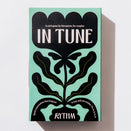
Shadeen Francis
In Tune Card Game

I found In Tune to be a great tool for deepening connection and intimacy with your partner. Exploring critical conversations for the health of the relationship.

Kevin Crenshaw
In Tune Card Game

I find In Tune to be a great tool for partners to connect in safe vulnerability and enhance their intimacy. This game brings couples closer in a loving and fun way.

Alaina Malik
In Tune Card Game
Find your rythm



